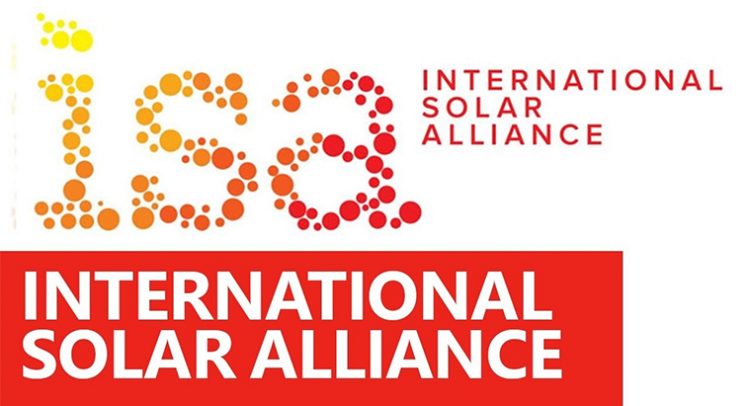
Accra will next week host a crucial Regional Committee Meeting (RCM) of the International Solar Alliance (ISA), bringing together governments, financiers, innovators, and development partners to accelerate solar energy deployment across Africa.
The gathering is expected to be a turning point in mobilising investments and strengthening institutions to bridge the continent’s energy access gap, with more than 600 million Africans still living without electricity despite the continent’s vast solar potential.
Speaking ahead of the meeting, ISA Director General, Ashish Khanna, stressed the urgency of scaling up action. “Africa receives less than 2% of global clean energy investments, even as over 600 million people remain without access to electricity despite the continent’s vast solar potential. This must change. At the Regional Committee Meeting in Accra, we are moving from ambition to action,” he said.
The meeting will spotlight ISA’s initiatives anchored in four core pillars – catalytic finance, technology and policy roadmaps, institutional strengthening, and digitalisation – designed to advance inclusive and sustainable growth.
Delegates will discuss investment opportunities, job creation, food security, and digital transformation in Africa’s energy sector.
Financing Africa’s Solar Growth
Key announcements include the Africa Solar Facility (ASF), a $200 million fund to unlock blended finance and de-risk investments, alongside a Multi-Donor Trust Fund with $25 million in technical assistance.
These platforms are expected to mobilise both public and private capital while connecting African countries to global financiers, including development finance institutions and pension funds.
Building Skills and Institutions
Another priority will be expanding Africa’s solar workforce. Despite its immense potential, the continent accounted for just 324,000 renewable energy jobs in 2023, according to IRENA.
To tackle this, ISA is scaling up its Solar Technology Application Resource Centres (STAR-C), which provide training, innovation hubs, and institutional support. Partnerships with leading universities and institutes, including IIT Delhi and INES in France, will also strengthen technical expertise and digital solutions.
Solar for Food Security
Agriculture, which employs over 60% of Africa’s workforce, is another major focus. With 95% of farmland still rain-fed and food imports costing over $400 billion annually, solar-powered irrigation, storage, and cold-chain solutions are seen as vital to boosting productivity and reducing post-harvest losses. ISA’s Scaling Solar Applications for Agricultural Use programme will be showcased, highlighting successful pilots across Member States.
Digitalisation and AI
The RCM will also explore the role of digital public infrastructure and artificial intelligence in powering Africa’s energy transformation. The International Energy Agency estimates that digital technologies could save up to $1.8 trillion in global grid investments by 2050. Sessions will examine how AI-driven energy management systems, digital twins, and procurement platforms can be deployed in Africa to scale solar expansion efficiently and inclusively.
A Daily Guide Report
Read Full Story


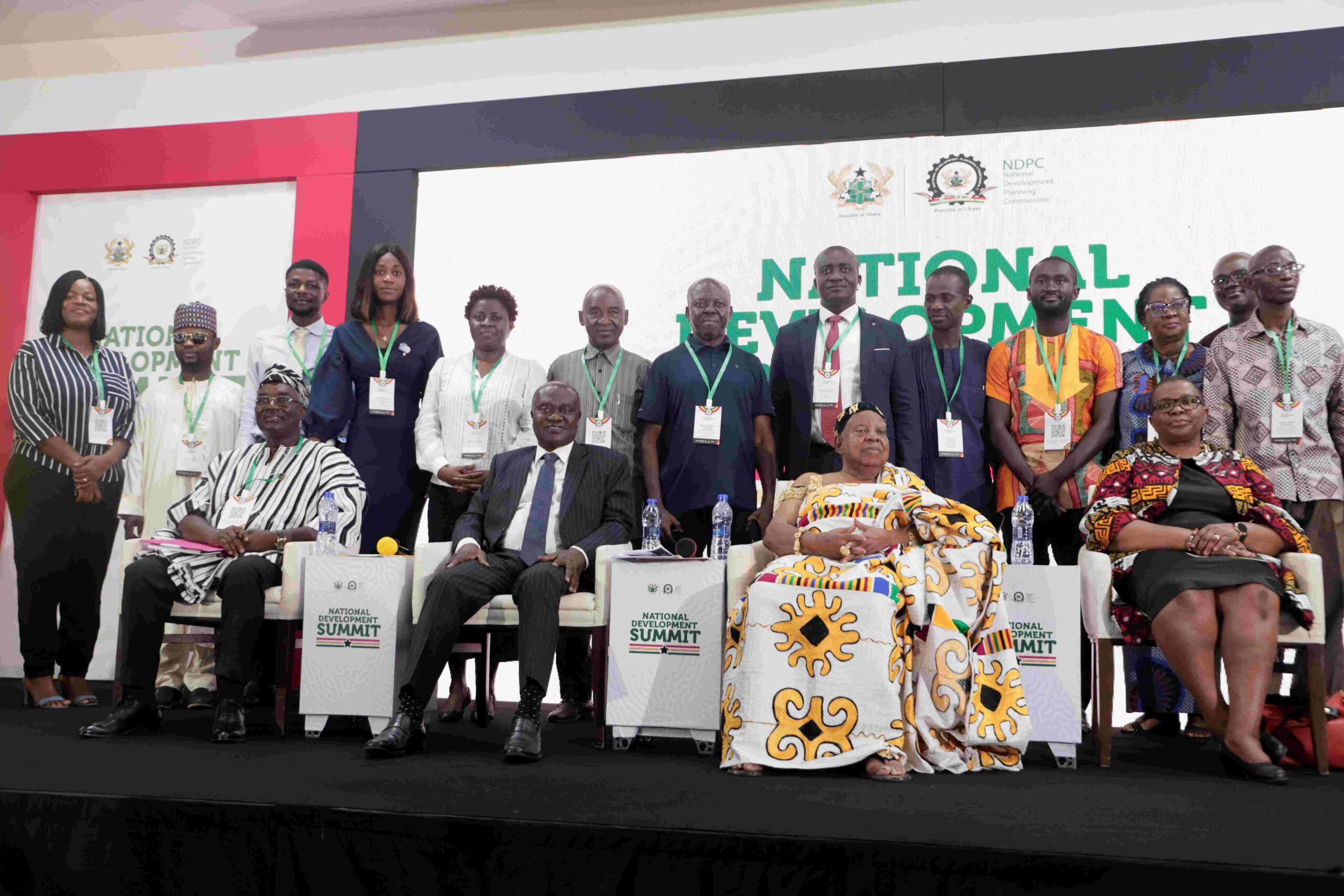

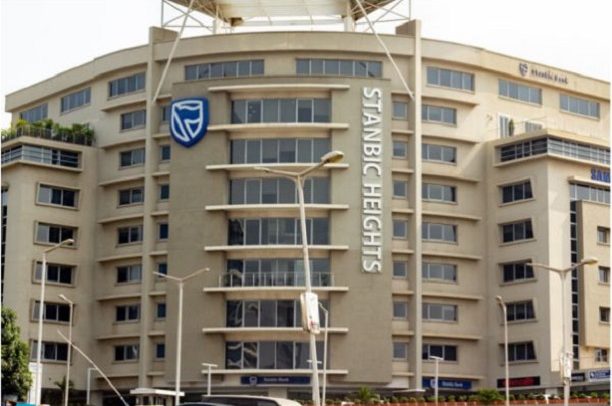


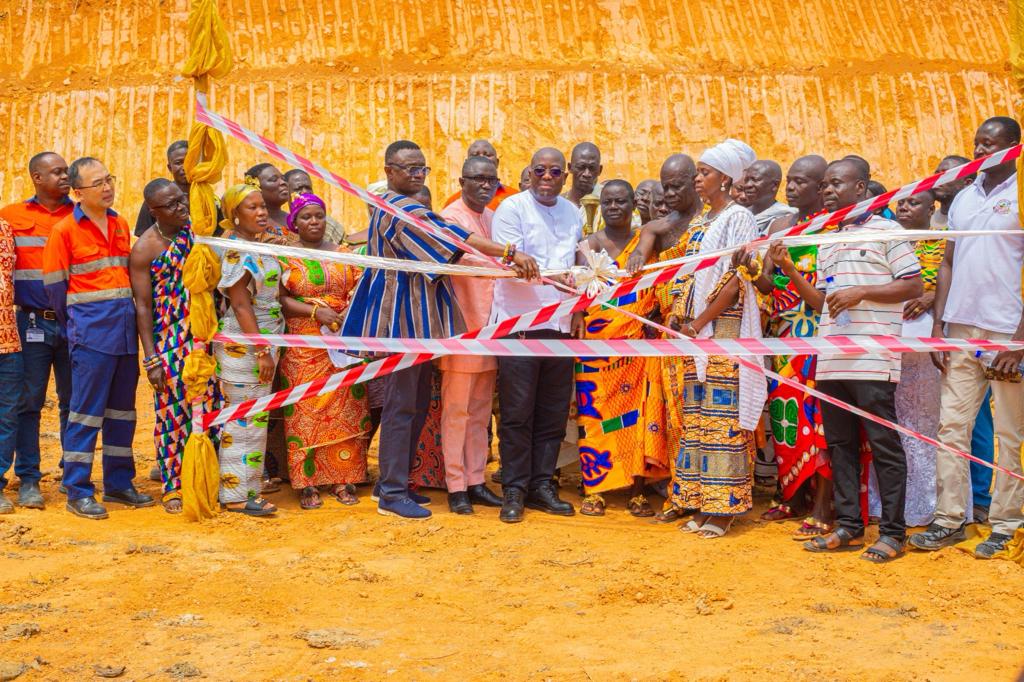


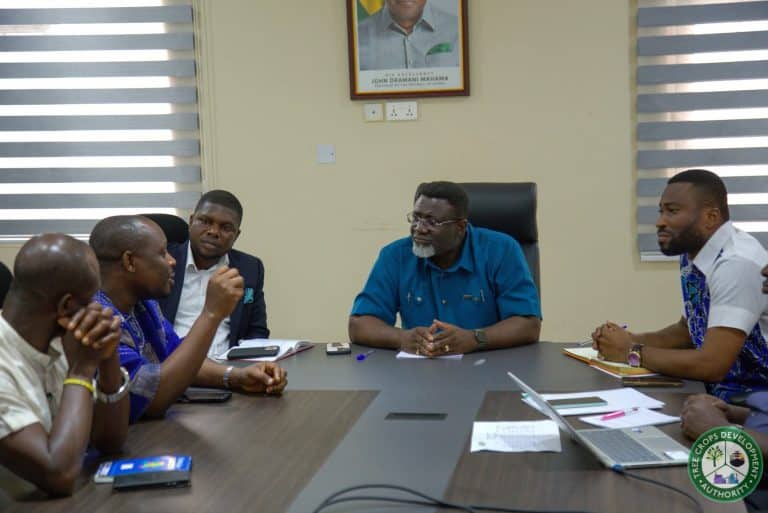





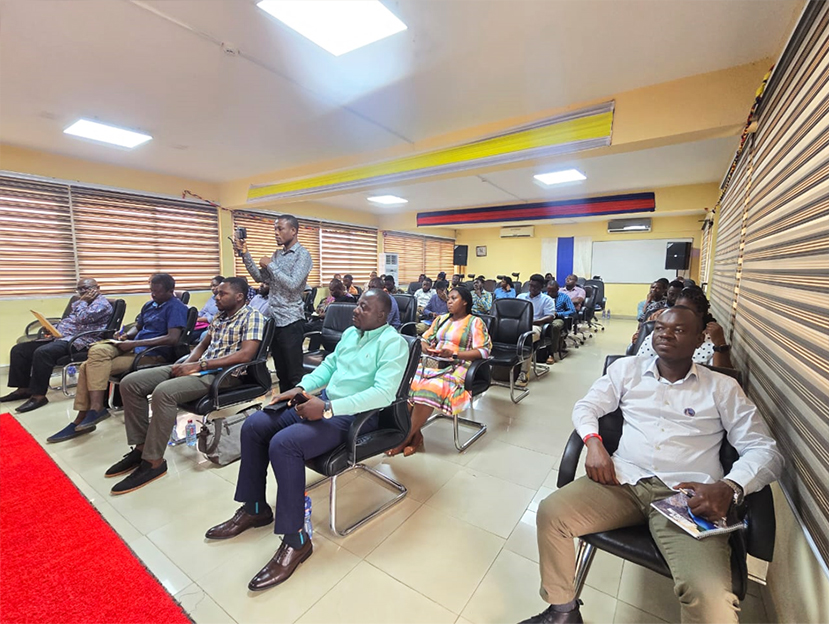


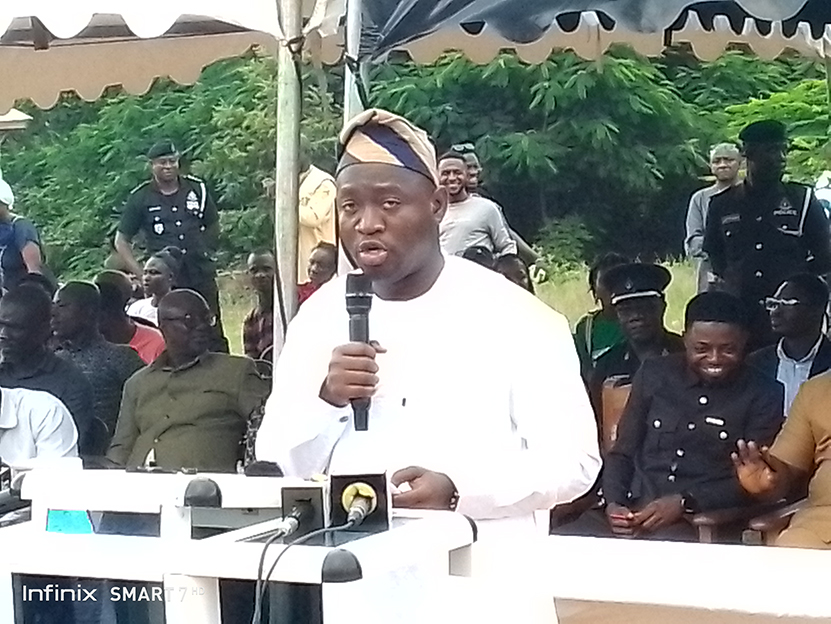

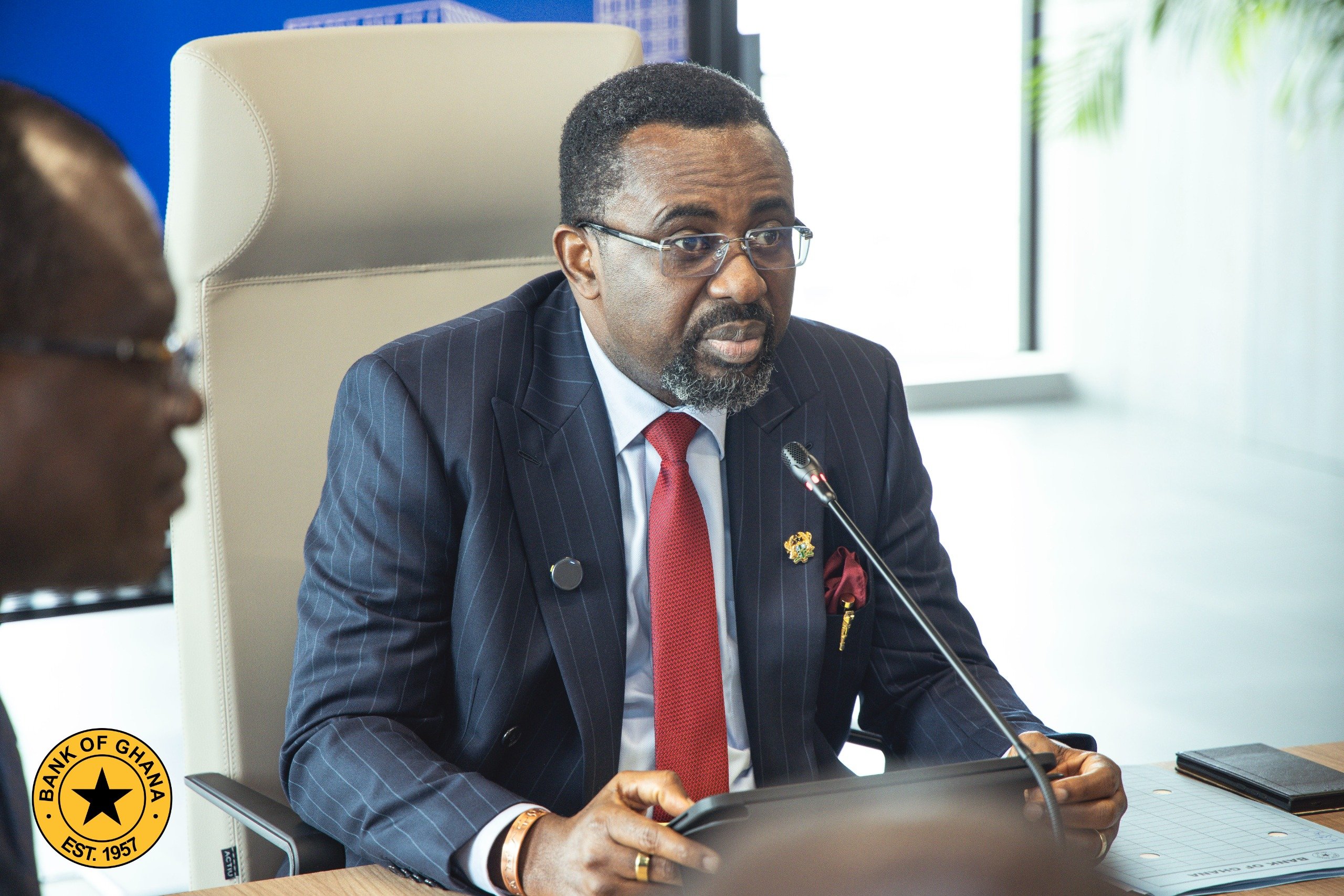

Facebook
Twitter
Pinterest
Instagram
Google+
YouTube
LinkedIn
RSS